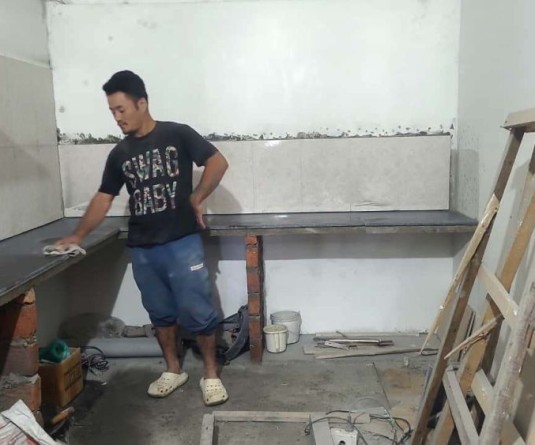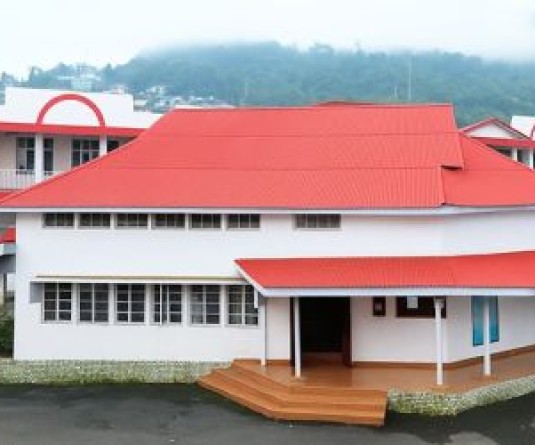
Kohima, December 20 (MExN): The Nagaland Voluntary Consumers’ Organisation (NVCO) entered Day 3 of its week-long observance of National Consumer Day under the topic ‘Consumer awareness related to Backdoor Appointment’ which was held on December 20 in Kohima.
As per a press release from NVCO, Press & Media Cell, it was held along with the Combined Technical Association of Nagaland (CTAN) and the Civil Engineers Association of Nagaland (CEAN).
The release mentioned that the CTAN and CEAN recently called off their peaceful sitting protest against backdoor appointment under the Nagaland Public Works Department (NPWD), with a commitment from the Commissioner and Secretary, Works & Housing department to settle backdoor appointments within 3(three) months time in a meeting convened by the Commissioner & Secretary, Works & Housing, Government of Nagaland on December 17, 2019.
The meeting was attended by CTAN & CEAN led by NVCO President Kezhokhoto Savi and department officials.
During the programme, Advocate Savi presenting a topic on ‘backdoor appointment’ said that the fight against the menace was to mete out justice by ensuring “Equality of appointment in matters of public appointment” enshrined as a fundamental right in Article 16 of the Constitution of India to the educated/meritorious/qualified/unemployed youth so as to bring about a positive change in public administration and achieve the goals/ideals laid down in the Constitution.
“It is also the fight against all those employed who have been recruited in various departments of the Government bypassing the constitutional scheme of public employment through the modus operandi of illegal, backdoor, contractual, adhoc, casual, temporary, deputation, irregular, etc modes of appointment in collusion between the bureaucrats and the politicians.”
Savi further emphasized to the gathering that the Apex Court of the country has reported in several cases such as:
(a) “Regularization is not and cannot be the mode of recruitment by any State,” that “regularization cannot give permanence to an employee whose services are ad hoc in nature.”
(b) “The appointment to any post under the State can only be made after a proper advertisement has been made inviting applications from eligible candidates and holding of selection by a body of experts or a specially constituted committee whose members are fair and impartial through a written examination or interview or some other rational criteria for judging the inter se merit of candidates who have applied in response to the advertisements made.”
“Any regular appointment made on a post under the State or Union without issuing advertisement inviting applications from eligible candidates and without holding a proper selection where all eligible candidates get a fair chance to compete would violate the guarantee enshrined under Article 16 of the Constitution.”
(c) A landmark judgment passed by the Gauhati High Court Kohima Bench in one of the cases in Nagaland stated as follows: “Appointment made without following appropriate procedure under the Rules holding the field and without advertisement and without inviting applications from open market would amount to infringement of Articles 14 and 16 of the Constitution and so regularizing a service of the candidate otherwise not appointed by following prescribed procedure would not be valid mode of appointment. The entry of these appointees into the service having been achieved through back door cannot acquire any right and so regularization of their services would amount negating the prescribed procedure at the cost of Article 14 and 16 of the Constitution of India. Even taking recourse to a scheme framed under Article 162 of the Constitution to circumvent the procedure prescribed under a statutory rule would be contrary to the constitutional mandate. It is the established law that no regularization is permissible on the strength of a Cabinet decision adopted in exercise of power under Article 162 of the Constitution of India and consequently such regularization is liable to be struck down.
(d) “That adherence to Article 14 and 16 of the Constitution is a must in the process of public employment.”






